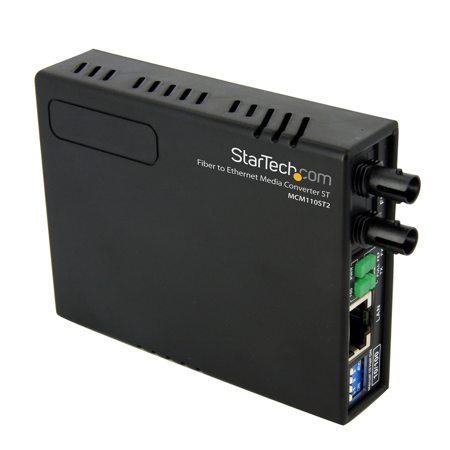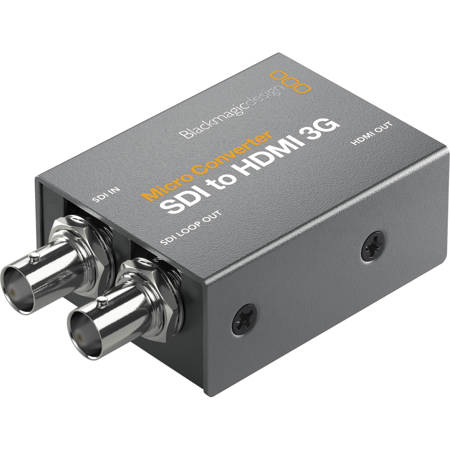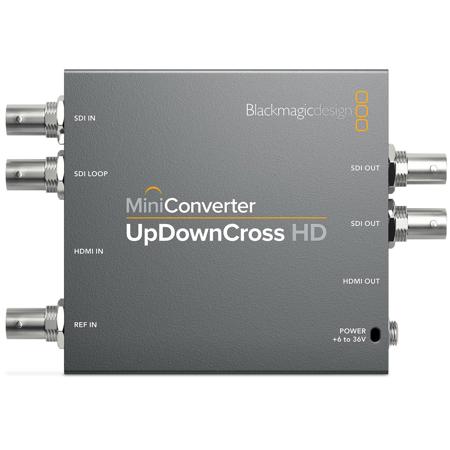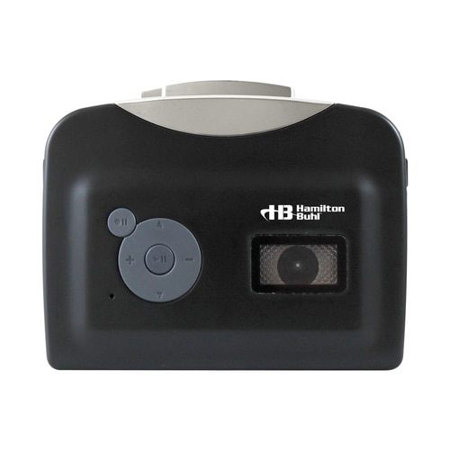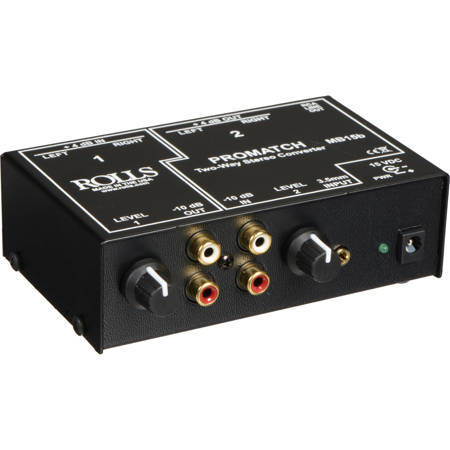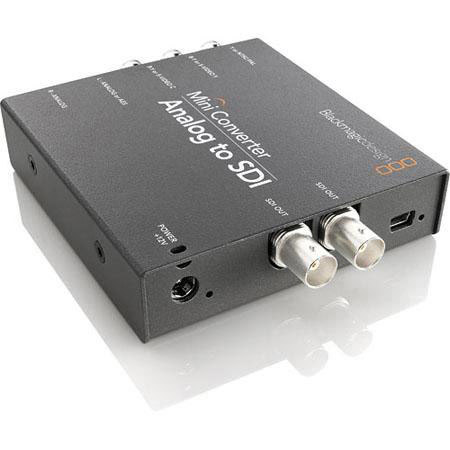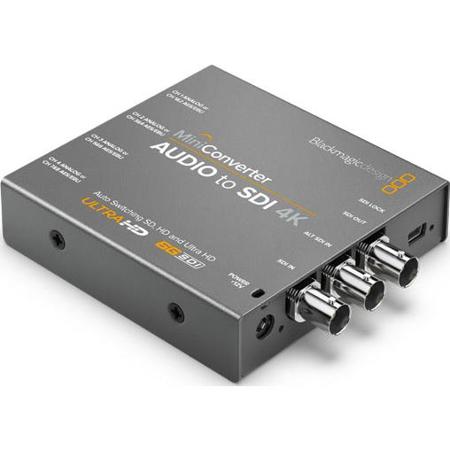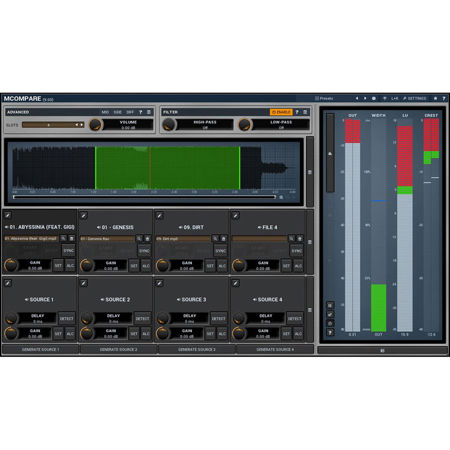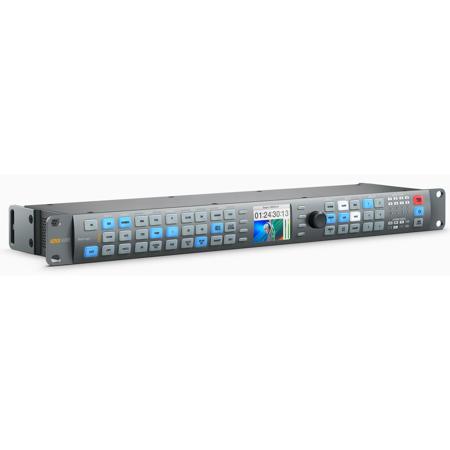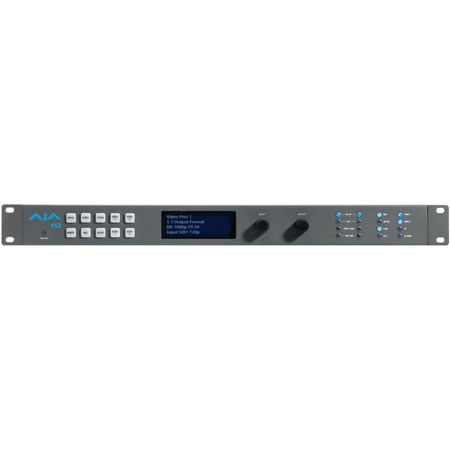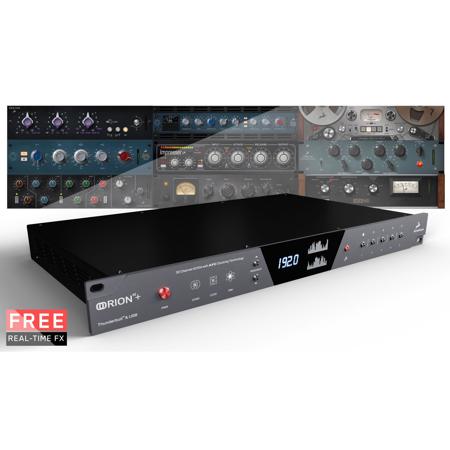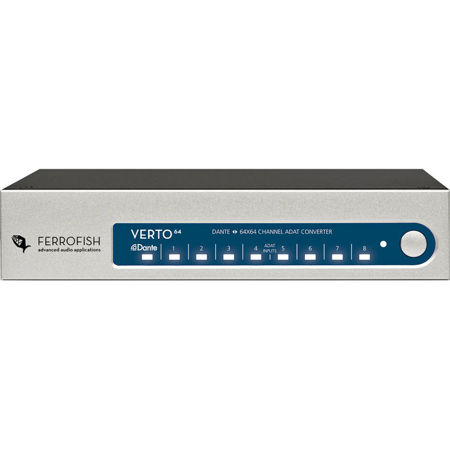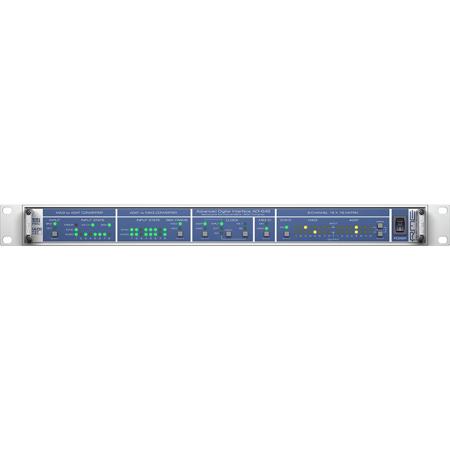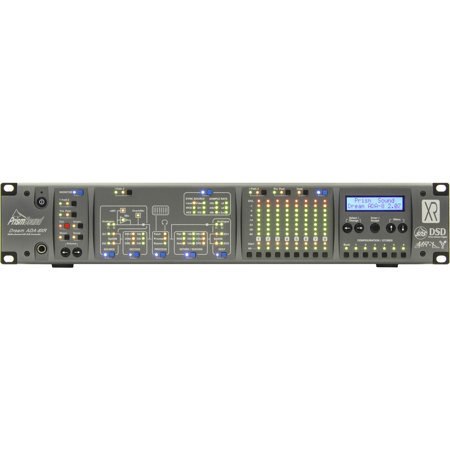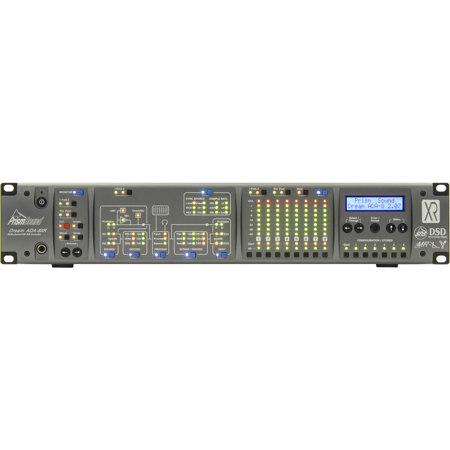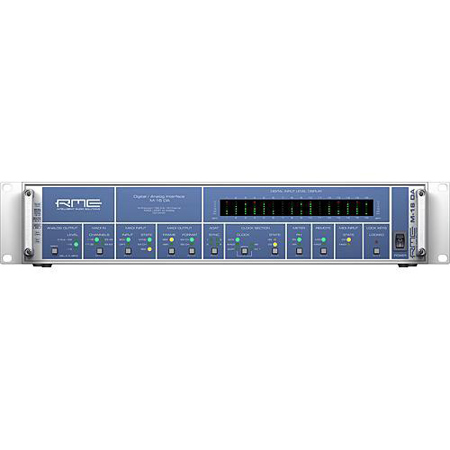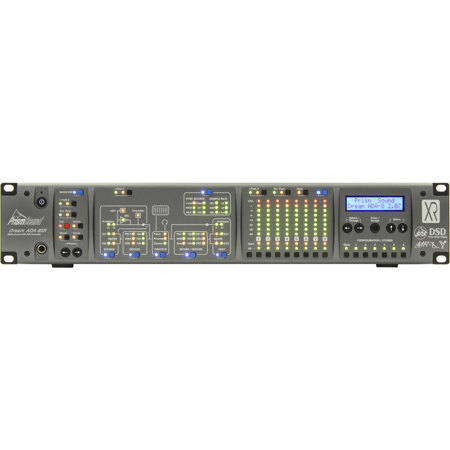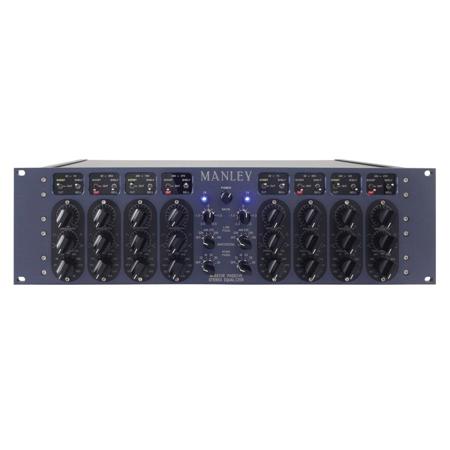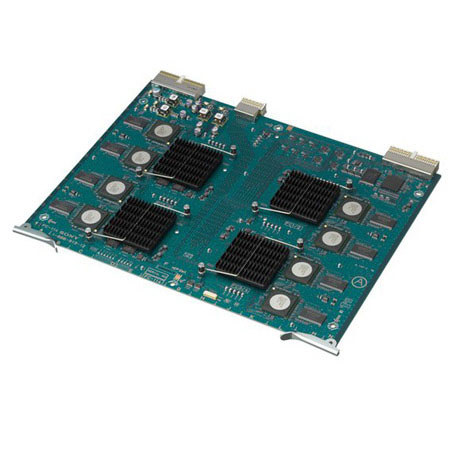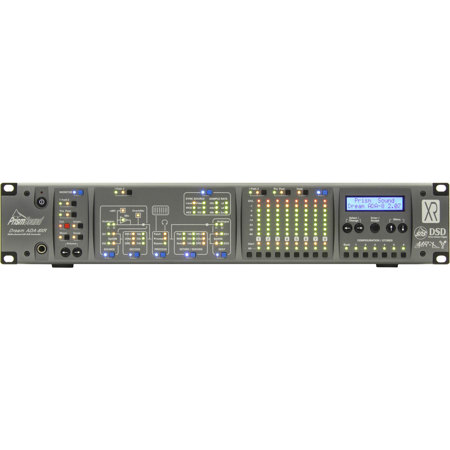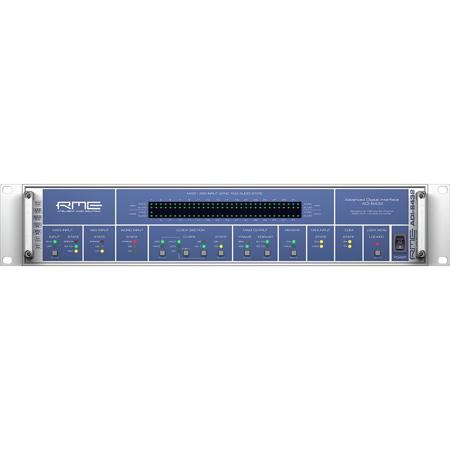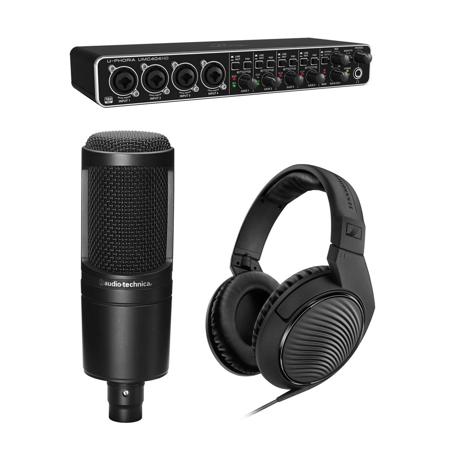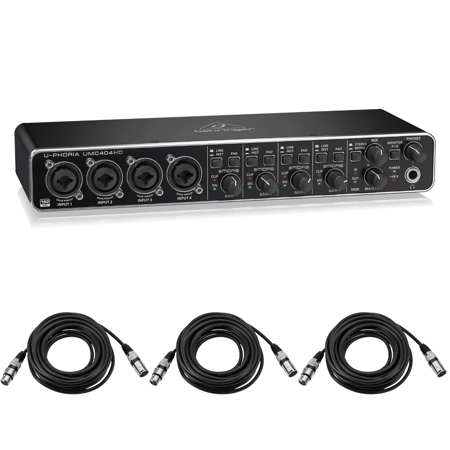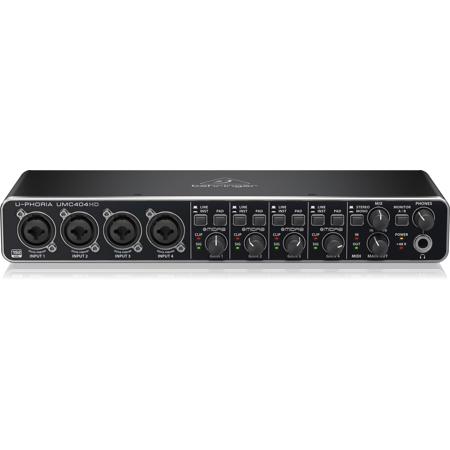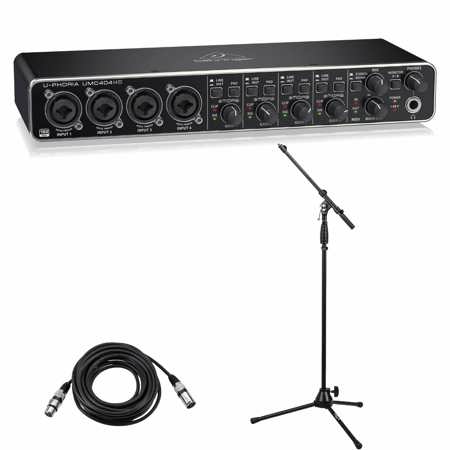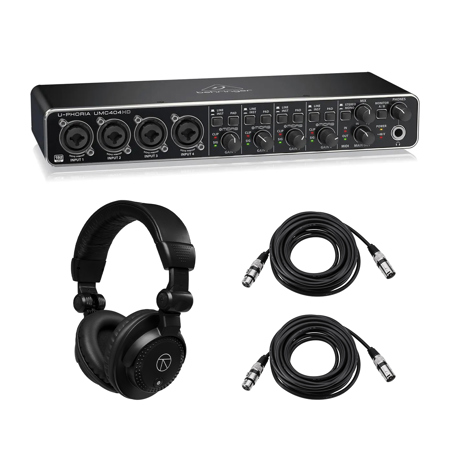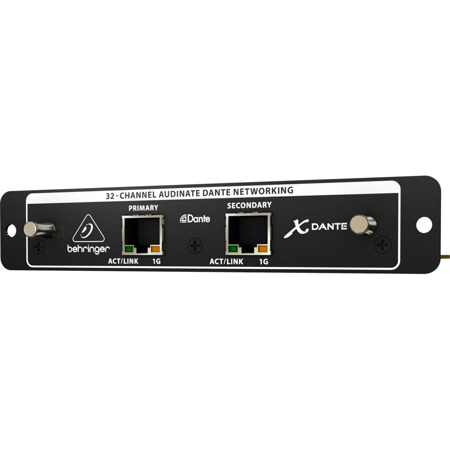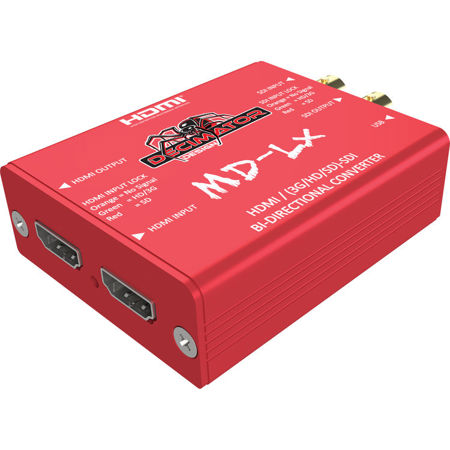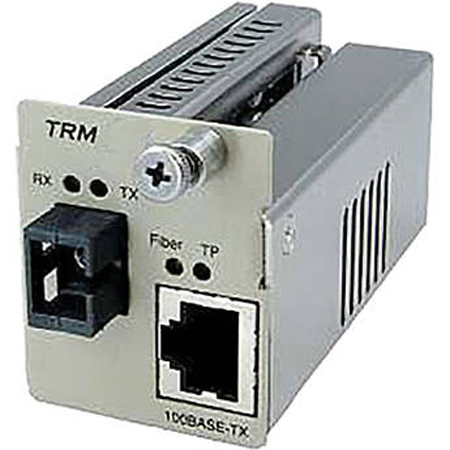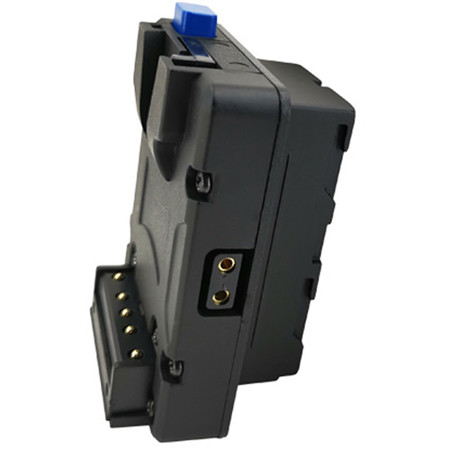Mastering Converters
In the world of professional audio production, the mastering converter is an essential tool for elevating the final sound of a project. These devices are meticulously engineered to provide the highest fidelity, ensuring that every nuance, subtle dynamic, and intricate detail is faithfully preserved as mixes are translated from the digital domain to the analog world and back again. Whether you’re a seasoned mastering engineer refining the final polish on an album or a passionate home studio enthusiast striving for pristine sonic clarity, investing in a high-quality mastering converter can make a transformative difference. The winter months, with their long evenings and introspective mood, often inspire artists and engineers to focus on the finishing touches of their creative work, making this an ideal season to upgrade your studio’s critical listening chain. With the right converter, you can experience mixes as they truly are, revealing hidden layers and textures that lesser gear might obscure.
Choosing the right mastering converter involves careful consideration of several factors. Audio resolution and sample rate capabilities are paramount, as these directly impact the transparency and depth of your masters. Attention to clocking and jitter reduction technologies ensures that timing remains rock-solid, preserving the integrity of every transient and subtle reverb tail. Connectivity is another important aspect; balanced analog outputs, a variety of digital inputs and outputs, and integration with your existing workflow are all key to a seamless mastering process. The tactile feel of quality hardware and the confidence that comes from reliable, transparent conversion can’t be overstated—there’s a certain satisfaction in knowing your final masters will translate perfectly across any playback system, from audiophile headphones to club sound systems. For those considering a thoughtful gift for the audio professional or aspiring producer in their life, a mastering converter is a meaningful gesture that supports their craft for years to come, offering a daily reminder of your support each time they sit down to perfect their sound.
Whether outfitting a commercial facility, building a personal studio, or seeking the perfect present for an audio aficionado, mastering converters represent a cornerstone of professional audio quality. These tools are trusted by Grammy-winning engineers and independent creators alike, serving as the bridge between creative vision and sonic reality. For anyone serious about achieving the highest level of audio excellence, exploring the full range of options is essential. To discover a curated selection of exceptional mastering converters and related solutions, visit our comprehensive Audio Converters page and find the perfect match for your unique workflow and aspirations.
Choosing the right mastering converter involves careful consideration of several factors. Audio resolution and sample rate capabilities are paramount, as these directly impact the transparency and depth of your masters. Attention to clocking and jitter reduction technologies ensures that timing remains rock-solid, preserving the integrity of every transient and subtle reverb tail. Connectivity is another important aspect; balanced analog outputs, a variety of digital inputs and outputs, and integration with your existing workflow are all key to a seamless mastering process. The tactile feel of quality hardware and the confidence that comes from reliable, transparent conversion can’t be overstated—there’s a certain satisfaction in knowing your final masters will translate perfectly across any playback system, from audiophile headphones to club sound systems. For those considering a thoughtful gift for the audio professional or aspiring producer in their life, a mastering converter is a meaningful gesture that supports their craft for years to come, offering a daily reminder of your support each time they sit down to perfect their sound.
Whether outfitting a commercial facility, building a personal studio, or seeking the perfect present for an audio aficionado, mastering converters represent a cornerstone of professional audio quality. These tools are trusted by Grammy-winning engineers and independent creators alike, serving as the bridge between creative vision and sonic reality. For anyone serious about achieving the highest level of audio excellence, exploring the full range of options is essential. To discover a curated selection of exceptional mastering converters and related solutions, visit our comprehensive Audio Converters page and find the perfect match for your unique workflow and aspirations.
